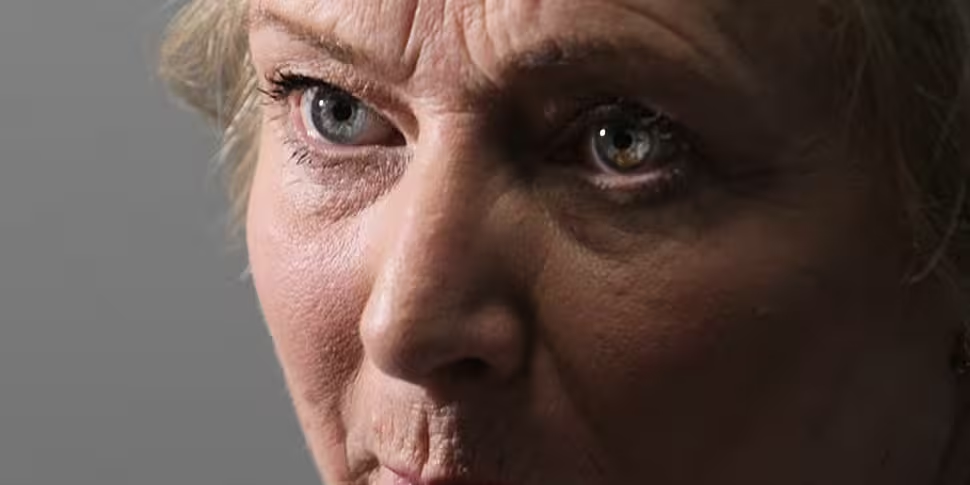Updated 17:35
A new legal definition of consent to a sexual act has been signed into law from today.
The Tánaiste confirmed this morning that she had commenced certain provisions of the new Criminal Law (Sexual Offences) Act 2017 - including the new legal definition of consent.
The new statutory definition clarifies that a person is incapable of consenting in a range of scenarios - including if they are asleep, unconscious or incapable of consenting as a result of intoxication through drugs or alcohol.
Alongside the new consent definition, the new act includes measures aimed at protecting children from sexual exploitation and laws criminalising the purchase of sex.
Targeting children online
Tánaiste Frances Fitzgerald said the child protection measures are a “significant step forward” in defending against the sexual exploitation of children in Ireland.
The legislation introduces a specific offence outlawing the use of communications technology to target and groom children for sexual exploitation online.
The new offence includes communicating with a child online for the purpose of sexual exploitation and the sending of sexually explicit material to a child.
There are also new and strengthened offences relating to child pornography and sexual acts with under age children.
The Tánaiste said the act also recognises the reality of under-age, consensual relationships through the introduction of a “proximity of age” defence.
The provision will mean that anyone charged with engaging in a sexual act with a person between the ages of 15 and 17 will be able to argue that the act was consensual and non-exploitative - provided the age difference is no more than two years.
Milestone for child protection
The chief executive of the Irish Society for the Prevention of Cruelty to Children (ISPCC), Grainia Long welcomed the legislation as a “milestone for the protection of children and young people in Ireland.”
She said the new laws were “a long time coming” adding that there has been a clear need to modernise the legislation and recognise the use of information technology to sexually exploit children.
“It is essential that our laws adequately address the issue of those who seek to prey on and abuse children online,” she said.
“The act is strong in relation to grooming and the exploitation of children, including addressing the offences of sharing explicit imagery, or causing a child to watch or witness sexual activity, or making arrangements to meet a child for the purpose of sexual exploitation.”
She warned that while the new legislation is welcome, it needs to be backed up by sufficient supports and treatment programmes as well as “adequate sentencing and post-release supervision to ensure that children are better protected.”
“Children and young people need education on consent, along with quality cyber safety education to empower them to recognise and report concerns regarding potential online predators,” she said.
Criminalising the purchase of sex
Other aspects of the new act have been the cause of much controversy in recent months – with a number of expert groups voicing their “deep disappointment” with the legislation.
The legislation will criminalise the purchase of sexual services while decriminalising those who provide them from existing offences.
The government hopes the new provisions can tackle exploitation issues associated with prostitution – including human trafficking – by targeting demand.
However, the measures have been criticised by organisations representing sex workers as well as Amnesty International and HIV Ireland.
Experts groups have warned that criminalising any aspect of consensual sex work can drive workers further underground - forcing them to take further risks in unprotected and unsafe environments.
The Migrant Rights Centre Ireland has said the legislation could promote “harmful stigmatisation” and obstruct access to justice, warning that the approach will not help victims of trafficking.
Human trafficking
However, the chief executive of the Immigrant Council of Ireland, Brian Killoran has today welcomed the measures.
“The Immigrant Council of Ireland has supported dozens of trafficking victims in the last year and the horror of their experience cannot be overstated,” he said.
“With this legislation we have the tools to ensure they are never, ever the focus of criminal investigations and instead it is the pimps and traffickers who are targeted.”
He warned however that the legislation cannot not be fully effective unless it is backed by a “safe and supported path to exit and reintegrate into society.”









